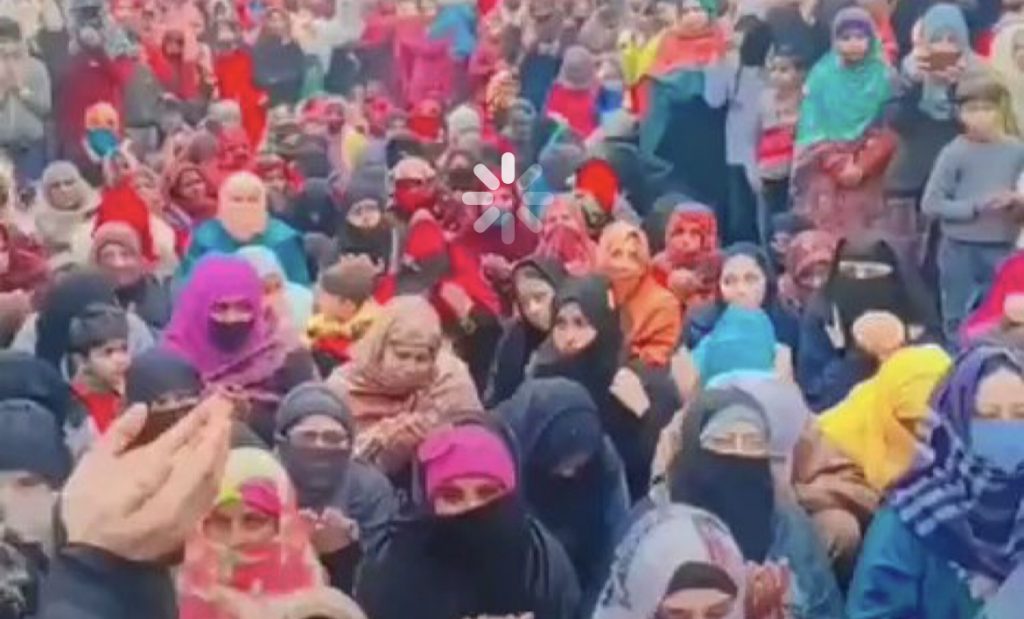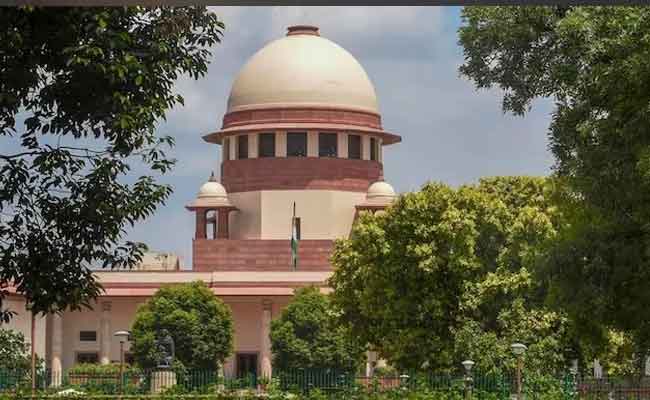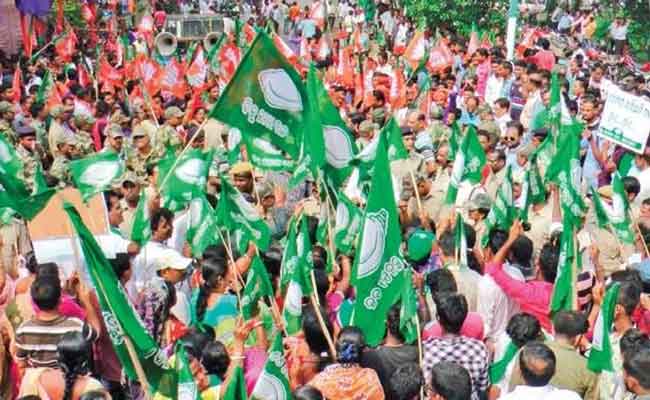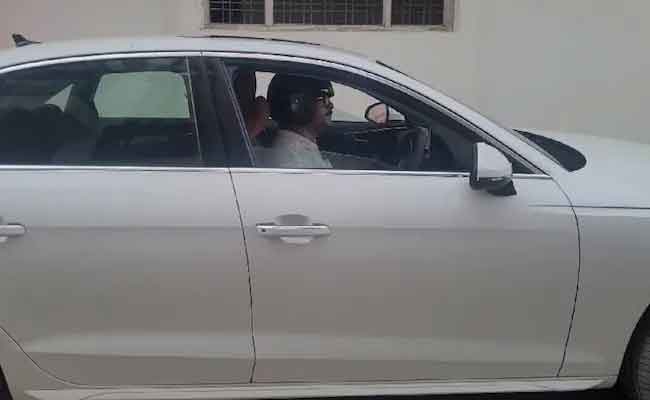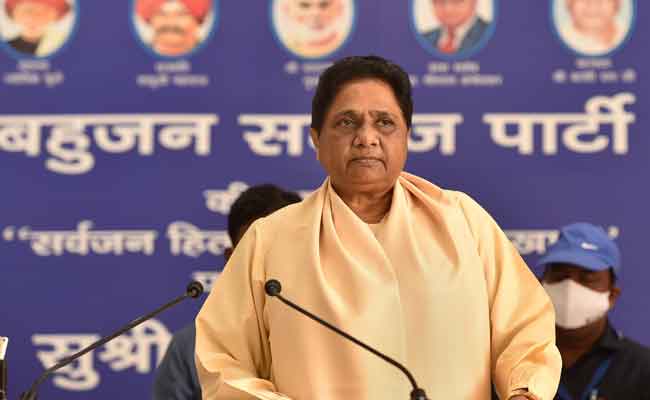Hundreds of Muslim families in Uttarakhand have been protesting against the order of the Uttarakhand High Court which asked the authorities to evict the “unauthorized occupants” of the railway land adjacent to Haldwani Railway Station, known as Gaffur Basti- a Muslim dominated locality.
The Uttarakhand High Court last week ordered demolition of “constructions over encroached railway land at Banbhoolpura in Haldwani.” A division bench of justices Sharad Sharma and RC Khulbe directed that a week’s notice be given to the settlers after which the constructions should be demolished.
There are mosques, schools, business establishments and residences on an area spread over 29 acres of the railway land in Banbhoolpura. This order of the High Court will affect 4,300 families, mostly Muslims.
During the hearing in this case, it was said on behalf of the residents that their side was not heard from the railways, so they should also be given a chance to be heard. While the railways argued that the railways has issued notices to all the families under the PPACT. At the same time, the state government argued that this land does not belong to the state government, it is owned by the railways.
The demolition driver will “pounce on encroachers” in the midst of 7,000 police officers and 15 paramilitary groups, according to reports.
In a shocking mass violation of human rights, Prime Minister Narendra Modi’s Bharatiya Janata Party (BJP) led Uttarakhand state has ordered the demolition of 4,365 houses in a Muslim-dominated area that will render more than 4000 families homeless.
— Indian American Muslim Council (@IAMCouncil) December 31, 2022
🧵 pic.twitter.com/JCUtItL52N
Meanwhile Muslim groups raised the concerns about the eviction.
Jamiat Ulama-e-Hind leaders who reached the demonstration site, extended support to the families.
The Public Interest Litigation was filed by Ravi Shankar Joshi, an Islamophobe in 2016.
— HindutvaWatch (@HindutvaWatchIn) December 31, 2022
Some of his posts on Facebook paying tribute to RSS leaders 👇🏽 pic.twitter.com/m6RBiGym3k
In a letter to the Chief Minister Pushkar Singh Dhami, Dr. Nayyar Kazmi, state president of the All India Majlis-e-Etihad ul Muslimeen, Uttarakhand (AIMIM), stated that over 4,500 families have lived here for more than seven decades and they have electricity connections, house taxes, Jal Sansthan connections, and other residential credentials.
“In order to spare thousands of families from being wrecked by this one-sided decision, the government should also bring the side of these aggrieved families before the High Court, so that they can be saved from being homeless,” he said in the letter.
Reports suggest that the Public Interest Litigation against the Muslim families was filed by Ravi Shankar Joshi, a sympathiser of Hindu militant group RSS in 2016.
Courtesy: maktoobmedia.com
Let the Truth be known. If you read VB and like VB, please be a VB Supporter and Help us deliver the Truth to one and all.
New Delhi (PTI): The Supreme Court Thursday held that the Enforcement Directorate (ED) cannot arrest an accused under Section 19 of the Prevention of Money Laundering Act (PMLA) after a special court has taken cognisance of the complaint of money laundering.
A bench of Justices Abhay S Oka and Ujjal Bhuyan said when an accused appears before a court in pursuance of a summons, the agency will have to apply to the court concerned to get his custody.
"If the accused appears before the special court by summons (issued by court), it cannot be treated that he is in custody," it said.
"Accused who appeared before the court pursuant to the summons not required to apply for bail, and thus twin conditions of Section 45 of PMLA not applicable," the bench said in its judgment.
The twin conditions state that when an accused in a money laundering case applies for bail, the court has to first allow the public prosecutor to be heard and only when it is satisfied that the accused is not guilty and unlikely to commit a similar offence when released, can bail be granted.
The apex court judgment was pronounced on a question of whether an accused in a money laundering case has to meet the stringent twin test for bail even in cases where the special court takes cognisance of the offence.

